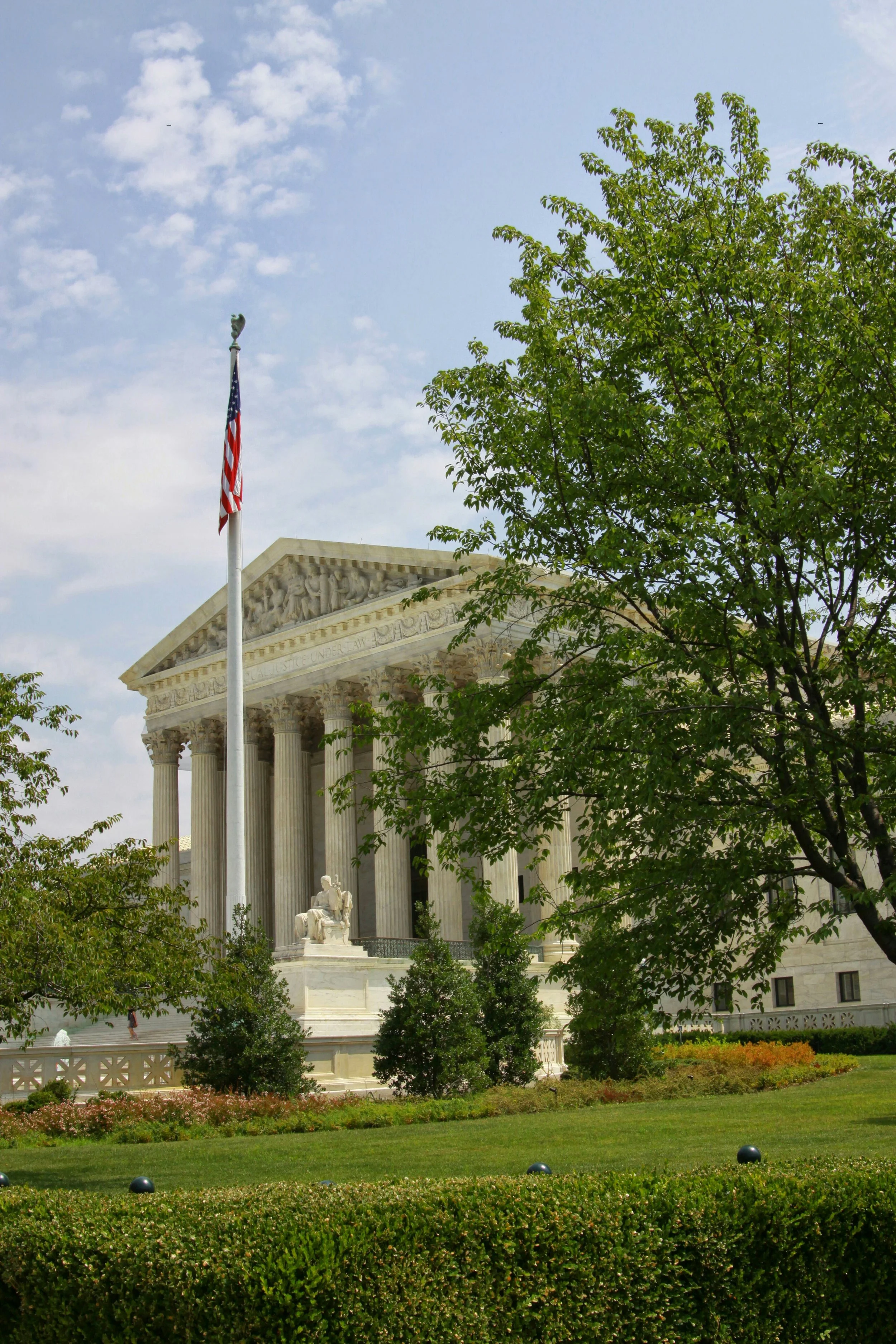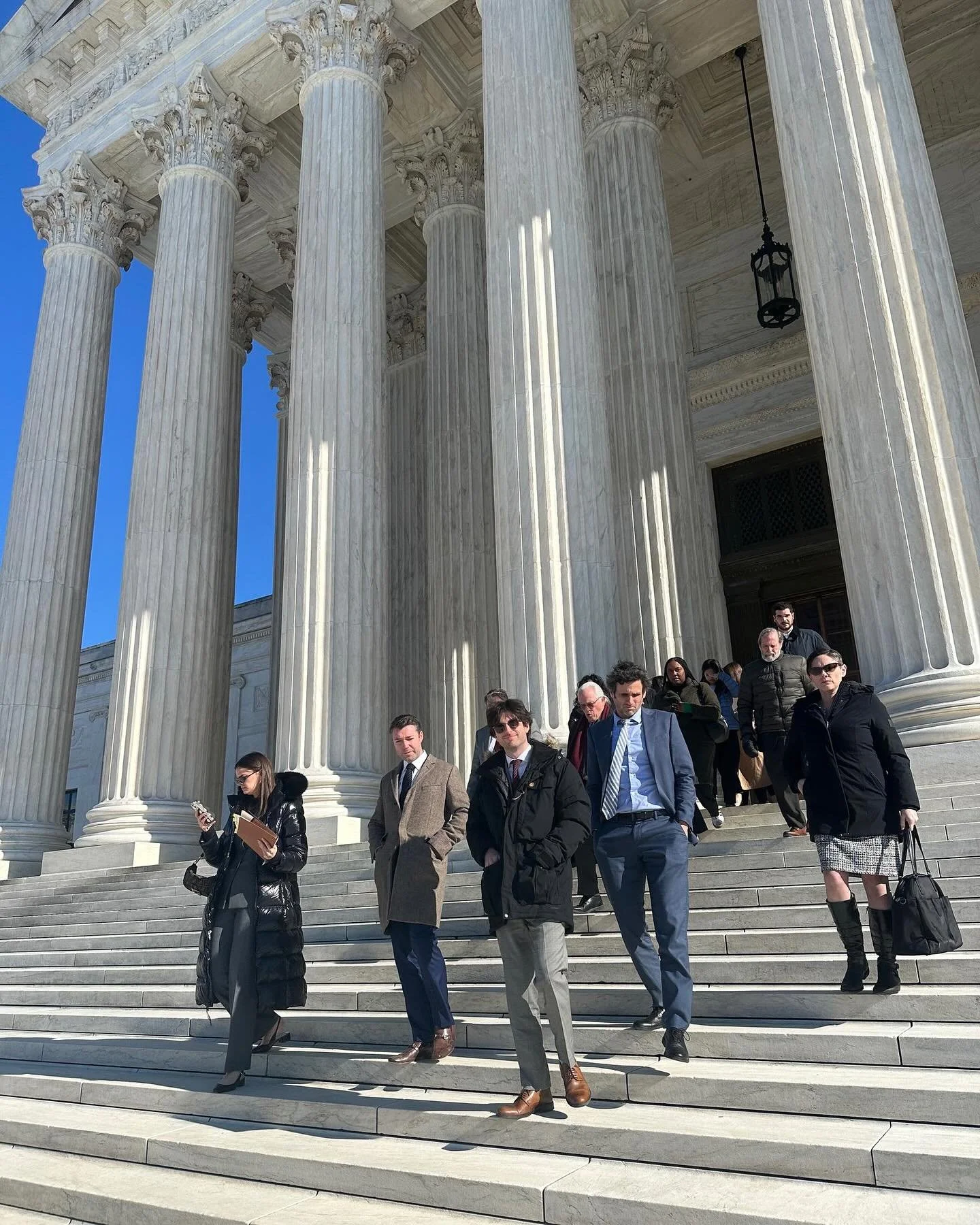High Court Upholds Texas Age-Verification Law with 6-3 Ruling
The U.S. Supreme Court affirmed Texas’s HB 1181, a law requiring adult websites to verify users’ ages before granting access to explicit content. The 6–3 ruling in Free Speech Coalition v. Paxton is already reshaping how states regulate online content—and sparking a heated debate over protecting kids versus preserving digital freedom.
Okay, so what’s really going on here besides six Justices giving ExpressVPN their best marketing campaign ever?
Why the Law Was Enacted
Texas legislators enacted HB 1181 in response to escalating concerns about minors accessing explicit material online. With smartphones and high-speed internet ubiquitous among teenagers, proponents argue it has become alarmingly facile for children to inadvertently or deliberately encounter pornographic content.
Advocates contend that mandatory age verification constitutes a prudent modernization of longstanding protections. If identification is requisite to enter an adult retail establishment in person, they assert, analogous safeguards are justified in the digital sphere.
The Court’s majority concurred, holding that the law serves a “compelling interest” in safeguarding minors and only “incidentally burdens” adults’ constitutional rights.
As Clarence Thomas puts it in the Supreme Court Opinions papers, “The age-verification law only incidentally burdens adults’ First Amendment rights and is therefore permissible under intermediate scrutiny. The digital age demands modern safeguards analogous to traditional age restrictions applied offline.”
Why Critics Are Resisting
Conversely, digital rights advocates and civil liberties organizations characterize the statute as a menace to free expression and online privacy. The Free Speech Coalition maintained that compelling users to submit identification or undergo biometric verification to access lawful content will deter a significant number of adults from engaging with such material.
Critics further express apprehension regarding data security. Age verification necessitates divulging sensitive personal information—rendering users vulnerable to potential misuse or breaches. As Bob Corn-Revere of FIRE succinctly stated, “The government cannot compel adults to ‘show their papers’ to exercise protected speech.”
Opponents assert the law engenders a chilling effect, whereby adults may eschew even lawful content to preserve their anonymity. The mere requirement to upload identification or submit to biometric scans creates a sense of surveillance that dissuades individuals from exercising their rights—even when those rights remain technically intact.
This kind of indirect suppression, critics argue, is no less damaging than outright censorship, as it fosters a culture of self-censorship driven by fear of exposure, data misuse, or social stigma. Such reticence, they contend, undermines decades of judicial precedent affirming access to adult speech, most notably the 2004 decision in Ashcroft v. ACLU, when the Supreme Court ruled that the Child Online Protection Act (COPA) was unconstitutional as a violation of the First Amendment's guarantee of freedom of speech.
Yet, these concerns extend beyond theory. Privacy advocates observe that compulsory age verification is already altering online behavior in unanticipated ways. Since the implementation of such laws, traffic has diverted toward smaller, non-compliant websites—many operating offshore or beyond regulatory oversight. Plus, the use of VPNs has surged, enabling users to circumvent geographic restrictions and access content from less regulated jurisdictions.
Effectively, critics contend, the statute may propel users toward darker, less accountable corners of the web and thereby undermining the very protections the law seeks to establish. Three Justices—Kagan, Sotomayor, and Jackson—articulated these apprehensions in dissent, cautioning that the ruling not only diminishes First Amendment safeguards but also paves the way for expansive regulation of disfavored or contentious online speech. In the dissenting Supreme Court Opinions Justice Elena Kagan elaborates, "The majority's opinion concluding to the contrary is, to be frank, confused.
The opinion, to start with, is at war with itself.
Texas's law defines speech by content and tells people entitled to view that speech that they must incur a cost to do so. That is, under our First Amendment law, a direct (not incidental) regulation of speech based on its content—which demands strict scrutiny. The majority's analysis is as unnecessary as it is unfaithful to the law."
Justices Who Voted to Uphold the Law:
Clarence Thomas (wrote the majority opinion)
Samuel Alito
Neil Gorsuch
Brett Kavanaugh
Amy Coney Barrett
John Roberts (Chief Justice)
Justices Who Dissented:
Elena Kagan
Sonia Sotomayor
Ketanji Brown Jackson
What Lies Ahead?
With over 20 states contemplating or enacting similar statutes, the Texas decision may inaugurate sweeping new age-restriction regimes across the internet. Age verification laws are presently operative in 18 states, with three additional states—Georgia, South Dakota, and Wyoming—scheduled to implement comparable measures on July 1.
The Free Speech Coalition has committed to persistently challenging these laws in court, underscoring their deleterious impact on adults’ rights to privacy and free expression. As this legal contest unfolds, one reality remains unmistakable: the digital era compels courts to continuously redefine the boundaries between safety and freedom. Depending on jurisdiction, access to lawful online content may soon hinge on how much personal information users are willing—or compelled—to disclose.
Source:
Free Speech Coalition, Inc. v. Paxton, No. 23-1122. Supreme Court of the United States, 27 June 2025, https://www.supremecourt.gov/opinions/24pdf/23-1122_3e04.pdf &



